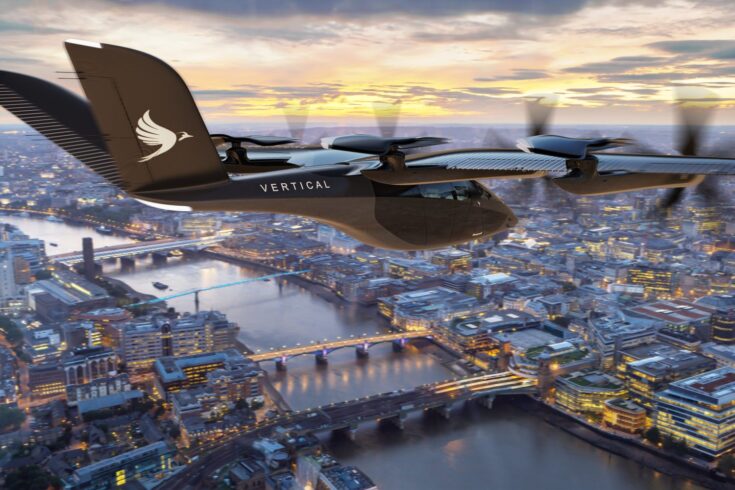The opportunities an integrated airspace could bring for the UK are identified in a new strategic plan issued today.
This 3 to 5-year action plan is called ‘Let’s get flying: our plan for action’. It sets out how an emerging generation of aviation vehicle types can be successfully integrated alongside existing airspace users.
The plan, created by FAIWG for airspace integration (FAIWG:AI), develops the concept of moving from a segregated airspace to an integrated one.
It outlines how allowing a range of different users to share airspace can bring multiple benefits that a segregated system cannot.
For example:
- providing a greater degree of flexibility as new use cases emerge in future while avoiding reduced access to airspace for existing users
- allowing uncrewed and crewed operations to co-exist in the same locations
- removing the need for airspace users to understand and comply with an increased complexity of airspace that a segregated approach would cause
3 main themes
The plan focuses on 18 vital actions based around 3 main themes:
- accelerating speed to market
- establishing economic models
- clarifying roles and responsibilities
Accelerating speed to market
To help businesses reduce risk and develop marketable services the plan focuses on the specific developments required in:
- regulations
- standards
- operating models
- infrastructure provision
Consulting, developing, and implementing these interventions must be a collaborative activity between policymakers, regulators and industry.
This will instill confidence in the approach, the solutions and help speed up market readiness for industry.
Establishing economic models
Establishing economic models focuses on the actions required to create sustainable economic models and clarity on who pays for underlying costs such as:
- air traffic and flight information services
- pilot training
- investment in ‘detect and avoid’ measures
- how airspace changes are charged across different airspace uses
Clarifying these items will allow the relevant stakeholders to forecast and define appropriate business models and end-user pricing more accurately.
Clarifying roles and responsibilities
Finally, the plan looks at clarifying roles and responsibilities, supporting several essential elements of the Civil Aviation Authority’s airspace modernisation strategy.
Clear resources and accountabilities for delivery of the lower airspace vision from that strategy are required.
Also, crucial to supporting safe and cost-effective airspace integration are:
- digital services
- clear responsibilities for distribution of flight data
- information provision
- development of appropriate data security controls
Principles and approach
The principles of the plan aim to tackle the restrictions to integration facing the sector, set out in the August 2022 FAIWG:AI Problem Statement.
In response, the plan sets out how a strategic focus remains on the safety of integration at all stages. It will be market-led to maximise the potential of future flight success through a commercial mindset.
Constructive and collaborative
Other core principles include:
- the need to be constructive and collaborative, working with regulators, government and existing airspace users
- adoption at pace, with some valuable services only small steps away from safe operation
- taking meaningful steps safely to build real experience and data quickly so industry and regulators can learn best
What is crucial to the plan is taking these principles of integrated airspace and applying them to real-world scenarios. This includes the practical steps needed to get flying, engage the industry and make the most of new opportunities.
A major milestone
Vicki Murdie, Innovation Lead for UK Research and Innovation’s Future Flight challenge and Co-Chair of the FAIWG:AI, said:
This strategic plan is a major milestone in our work on future airspace integration. By setting out clear actions we’ve created a framework to make these solutions a reality. It’s time for us to get started on delivering airspace integration to unlock the economic, societal and environmental benefits at scale for the UK.
Top image: Credit: Vertical Aerospace

